Call us now:
Department of Probability and Statistics
Interesting facts
A part of the site dedicated to interesting things from the world of mathematics
intransitive paradox
Four homogeneous cubes are given, the sides of which are numbered with the following six numbers: U (1; 1; 1; 5; 5; 5); V (2; 2; 2; 2; 6; 6); W (3; 3; 3; 3; 3; 3); X (0; 0; 4; 4; 4; 4): Two players, A and B, play the following game: First player A chooses one die (optionally), then from the remaining dice player B chooses one. Then each player rolls his dice, and the one with the highest number wins. Which player is in a better position?
BIRTHDAYS ON THE SAME DATE
There are k students in the class. None of the students were born on February 29. Assume that each of the 365k arrangements of students' birthdays by date has probability 1/365k. Calculate the probability pk of the event that at least two students have birthdays on the same day.
THE THREE BOX PROBLEM
The following prize game is being played in a TV show. There are three closed boxes in the studio. In one of them there is a prize that the player is trying to win, and the other two boxes are empty. The host of the show knows which box contains the prize. The game consists of the following: First, the player shows one of the boxes, as his choice, where the prize is located. That box doesn't open right away. Then the host of the show opens one of the boxes that the player did not show and which must be empty. It is possible to do this, because two boxes are empty. Then the presenter asks the player if he wants to change his choice, ie. to choose another unopened box rather than the one he previously showed? At the end, the player makes a decision whether to stick with the first choice or opt for another unopened box. That final choice box is opened and, if a prize is in it, it belongs to the player. Is it better for the player to change the box selection decision? (We assume that the player hits the box containing the prize with probability 1/3 on the first try.)

